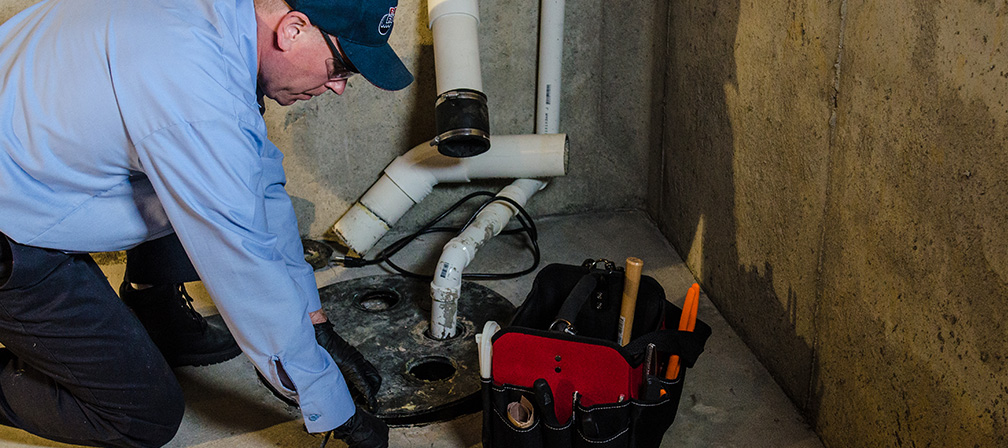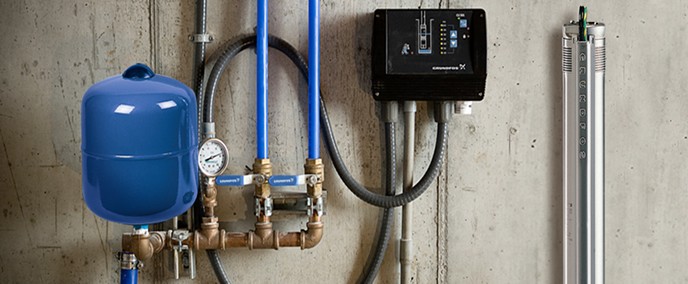Advanced Water Softeners: Say Goodbye to Hard Water Woes Forever
Wiki Article
Comprehending the Trick Elements of Effective Water Purification Equipments

Importance of Water Purification Solution
Water filtering systems play an important function in guaranteeing access to clean and safe alcohol consumption water by properly eliminating pollutants and contaminants. These systems are important in dealing with the growing concerns over water quality and the possible health risks connected with taking in polluted water. By utilizing various purification systems such as reverse osmosis, triggered carbon, and UV sanitation, water filtering systems can efficiently eliminate damaging compounds like microorganisms, viruses, hefty metals, and chemicals from the water supply.Moreover, water filtering systems help to boost the preference and smell of water by eliminating chlorine, debris, and various other toxins that can influence its high quality. Water Softeners. This enhancement in water quality not only makes it extra palatable but likewise encourages people to consume a sufficient quantity of water daily, promoting better hydration and general health
Types of Filtering Elements

Physical filters are designed to physically stress out contaminations from the water. These filters can be made from products like ceramic, carbon, and even sand, and they work by trapping particles larger than the filter's pores as water goes through.
Chemical filters make use of various chemical processes to eliminate pollutants from the water. Instances consist of turned on carbon filters, which adsorb contaminations, and reverse osmosis membranes, which utilize stress to different impurities from the water.
Biological filters utilize living organisms like germs or algae to damage down raw material and contaminants in the water. These filters are commonly used in wastewater treatment plants or natural water purification systems.
Understanding the different kinds of purification parts is crucial for choosing one of the most Check This Out appropriate water purification system for specific purification demands.
Function of Debris Filters
Debris filters play an essential function in water filtering systems by efficiently catching strong particles suspended in the water. These filters are typically the initial line of protection in a filtering system, eliminating larger fragments such as sand, silt, dust, and rust before the water relocates with finer filtration phases. By trapping these debris, the filters stop them from reaching downstream components, hence expanding the life expectancy and efficiency of the whole system.The feature of sediment filters is essential in keeping water high quality and protecting delicate tools from damages brought on by particles. Furthermore, by removing noticeable bits, debris filters improve the clarity and preference of the water. Consistently cleansing or changing sediment filters is necessary to make certain ideal performance. Ignoring this maintenance can lead to obstructing, minimized water flow, and compromised filtering efficiency. On the whole, sediment filters are crucial parts that contribute dramatically to the performance of water filtering systems.
Function of Activated Carbon Filters
Playing an important function in water filtering systems, triggered carbon filters are important in eliminating pollutants and pollutants from the water supply. As water passes with the filter, the activated carbon attracts and holds onto the contaminations, making certain that the water that comes out on the various other side is cleaner and much safer for usage.Turned on carbon filters are very effective at boosting the taste and smell of water by minimizing chemicals that can affect its top quality. Due to their adaptability and reliability, triggered carbon filters are a key part in guaranteeing that water is detoxified to the greatest criteria before getting to customers.
Comprehending Reverse Osmosis Equipments
Reverse osmosis systems are sophisticated water filtration systems that utilize an innovative process to get rid of contaminants and pollutants from alcohol consumption water. These systems work by using stress to the water, forcing it with a semi-permeable membrane layer. This membrane functions as an obstacle, allowing only distilled water molecules to go through, while obstructing bigger molecules such as minerals, chemicals, and other pollutants. Therefore, the water that comes out beyond is substantially cleaner and more secure for consumption.In addition, reverse osmosis systems are reasonably low-maintenance and can be mounted under the sink or in a central filtration system, providing convenient access to tidy water throughout the house. On the whole, recognizing exactly how reverse osmosis systems work can help people make educated choices regarding their water filtration requirements.
Conclusion
Finally, reliable water purification systems are crucial for ensuring safe and tidy drinking water. The key parts of these systems consist of sediment filters, activated carbon filters, and turn around osmosis systems. By comprehending the function and you can try here role of each component, people can make educated decisions when selecting a water purification system. It is very important to prioritize the top quality of water in order to promote total health and wellness and well-being.Water purification systems play a vital role in making certain access to clean and secure drinking water by properly removing impurities and impurities. By making use of various filtering devices such as reverse osmosis, activated carbon, and UV sanitation, water purification systems can effectively eliminate dangerous substances like germs, infections, hefty metals, and chemicals from the water supply.
Debris filters play a crucial function in water purification systems by effectively capturing solid bits put click to read on hold in the water (Water Treatment).Playing a critical duty in water filtering systems, activated carbon filters are instrumental in removing contaminations and impurities from the water supply.Reverse osmosis systems are sophisticated water purification systems that employ a sophisticated process to remove impurities and impurities from drinking water
Report this wiki page